
Guantanamo Bay is one of the United States’ most controversial overseas bases. It’s a colonial legacy located on the shore of one of America’s communist rivals. And it serves as a detention site for suspected terrorists where the military can hold them indefinitely. The United States turned over the Panama Canal Zone to the Panamanian government in 1999. Will it ever give Guantanamo Bay back to Cuba?
24/7 Wall St. Insights
- Guantanamo Bay is one of the United States’ oldest overseas colonies.
- The U.S. will not return it to Cuba as long as there is an unfriendly government in power there.
- Even if Cuba’s government were friendly, the U.S. might want to negotiate favorable terms for keeping Guantanamo.
- Also: 2 Dividend Legends to Hold Forever
Where Is Guantanamo Bay?

Guantanamo Bay is a U.S. naval station located on the southeast coast of Cuba, the largest island in the Caribbean. The nearest foreign countries to it are Haiti, the Bahamas, and Jamaica. The base is about 500 miles southeast of Miami. It sits on 45 square miles divided from the rest of Cuba by a 17-mile-long fence.
How Did the U.S. Acquire Guantanamo Bay?
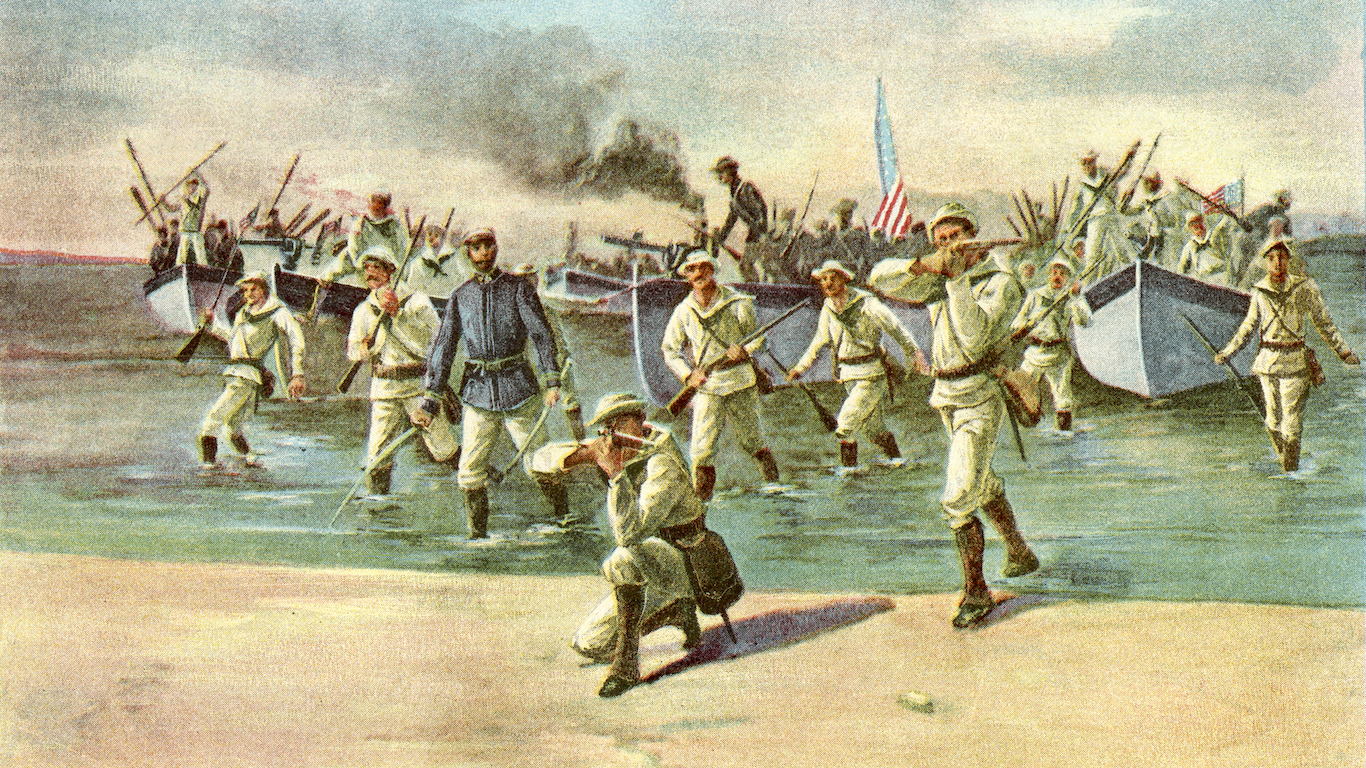
In 1898 Cuba was fighting for independence from Spain. The United States entered the war and invaded Cuba to drive the Spanish out. After the war, the U.S. kept the Spanish colonies of the Philippines, Guam, and Puerto Rico as colonies, granting independence to the Philippines in 1946. While American expansionists had their eyes on Cuba as a potential U.S. state for many years, because the entire purpose of the war was to help Cuba get independence, annexing it was not an option. Instead, the Americans signed treaties with Cuba that, among other things, gave them a long-term lease of Guantanamo Bay with no ending date.
Cuban-American Relations in the Cold War

In 1959, Fidel Castro led communist revolutionaries to power in Cuba. In 1961, President Kennedy authorized the failed Bay of Pigs operation to try to overthrow the regime, and in 1962 he blockaded the island to force the Soviets to remove nuclear missiles they were installing there. Ever since, Cuba has been isolated by a U.S. economic embargo.
What Does Cuba Say About Guantanamo Bay?
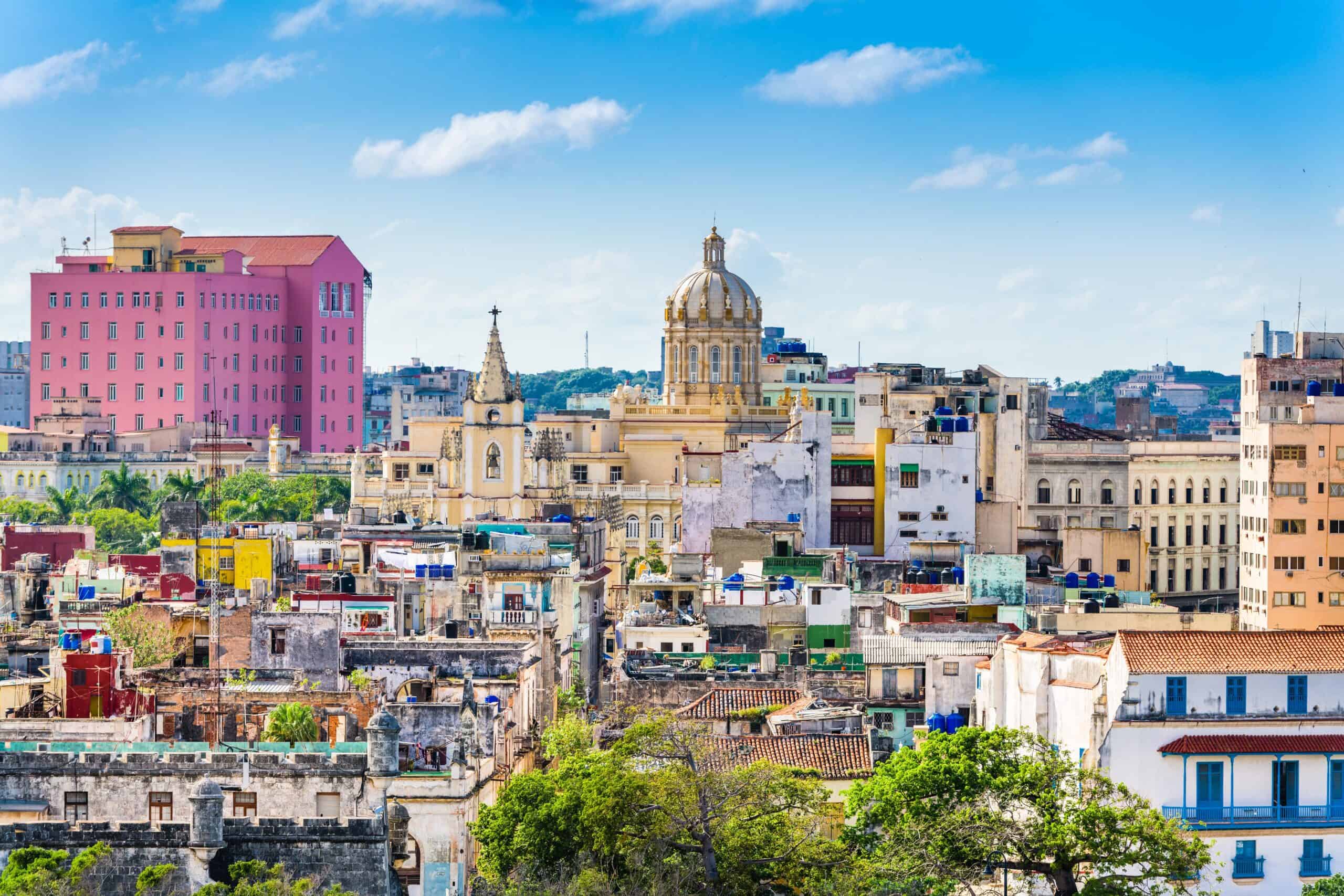
The Cuban government has repeatedly denounce the agreement made under previous leadership as illegal and a site where the Americans do “dirty work.” The Cubans refuse to cash the $4,085 a month the Americans send them to rent the site as per the treaty. Cuban demands the base be returned to them have fallen on deaf ears. Although Guantanamo Bay officially belongs to Cuba, the terms of the treaty say that both partners must agree before the lease can be terminated.
What Facilities Does the U.S. Maintain There?

Guantanamo Bay Naval Station, also called “Gitmo,” has one operational airfield, port facilities, base housing for approximately 8,500 sailors and marines and their dependents, a school, offices, and detention facilities for prisoners. In addition to U.S. military personnel, there are a large number of civilian contractors on site, including laborers from Jamaica and the Philippines. The Cuban government prohibits its citizens from working there. Guantanamo Bay plays a military role in surveillance on Cuba and on traffic in the rest of the Caribbean and as a training site for U.S. military personnel.
Why Do We Have Prisoners There?

After the 9-11 terrorist attacks and the start of wars in Iraq and Afghanistan, the U.S. began to detain hundreds of people suspected of having participated in planning the attacks or having ties to terrorist organizations like al-Qaeda and the Taliban. Since they were not formally designated as Prisoners of War, nor were they United States citizens, and were located on foreign soil, they fall into a legal limbo that has allowed the American government to hold them there indefinitely without trial.
Why is Holding Prisoners There Controversial?
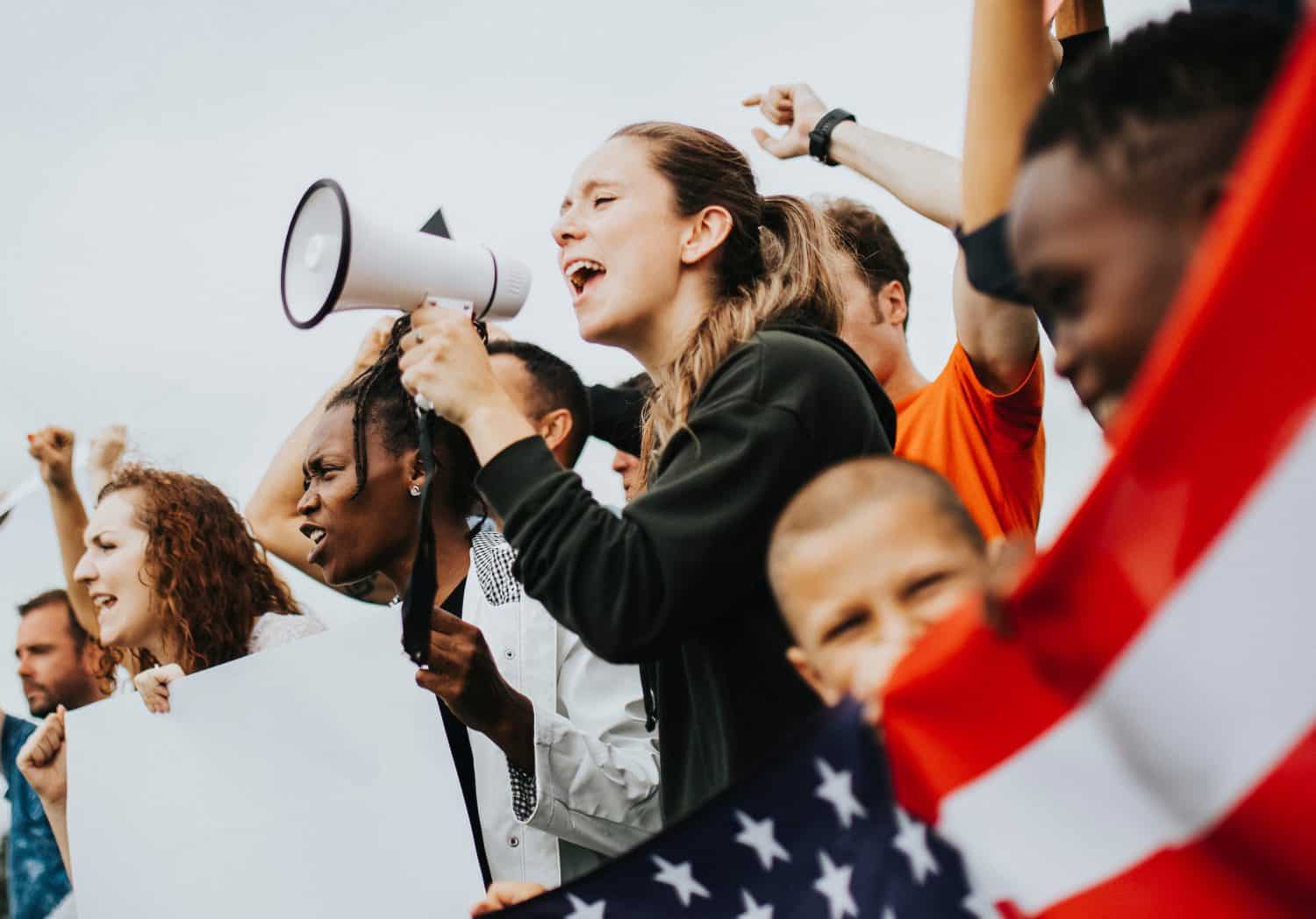
An Issue of Justice
Keeping detainees there for decades without the benefit of a trial to prove their guilt and impose a suitable sentence is considered unjust, especially for a country that prides itself on concepts such as “innocent until proven guilty.” Although foreign citizens are not guaranteed the civil rights Americans enjoy under the Constitution, many critics see this as fundamentally a human rights issue.
Questions About Conditions
With the world watching, the U.S. provides for the needs of the detainees. It could be argued that Gitmo detainees have better conditions that most prisoners around the world or even in U.S. supermax prisons. However, several prisoners have died by suicide during detention. Critics charge that these deaths were not adequately investigated to understand the circumstances around them, how they could happen, and to decisively rule out any foul play.
Cost Considerations
Finally, the cost of maintaining each prisoner there has been estimated at $13 million each, which is about 100 times more than the $130,000 cost of keeping America’s most dangerous criminals in super-maximum security prisons. The problem is, to get them there, you have to get a conviction. And there is no guarantee all of the Gitmo detainees would be sentenced to life without parole, so at some point they would be out again.
Why Didn’t Obama Close Gitmo?
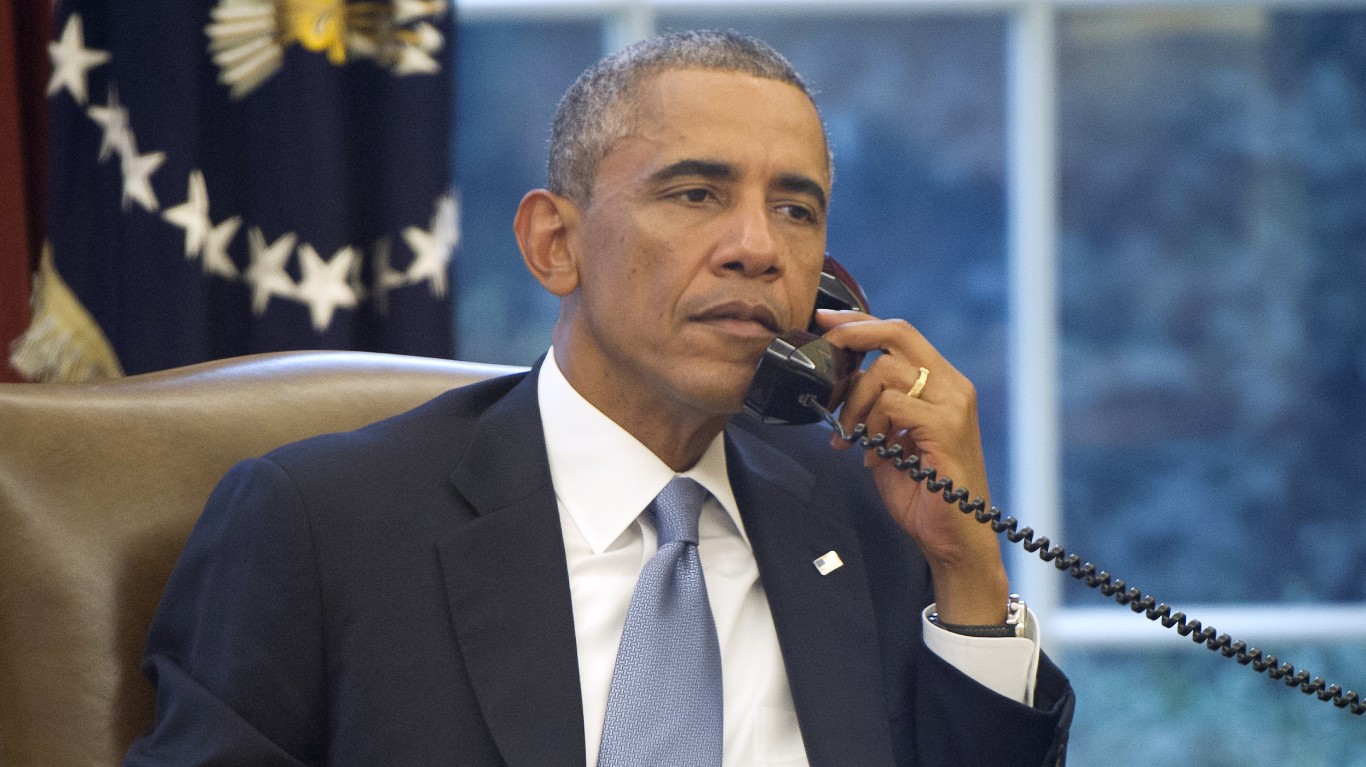
President Obama issued an executive order in 2009 to close the Guantanamo detention camp within a year. The authorities were able to transfer some of the prisoners to other countries to get them off our hands. But the U.S. Senate voted to keep the prison open and forbade moving any of the detainees to the United States. In 2011, Obama issued another executive order allowing the remaining detainees to be held there indefinitely. C0ngress made this part of American law in 2012, and President Trump issued an executive order reaffirming this policy.
What Is Biden’s Policy?
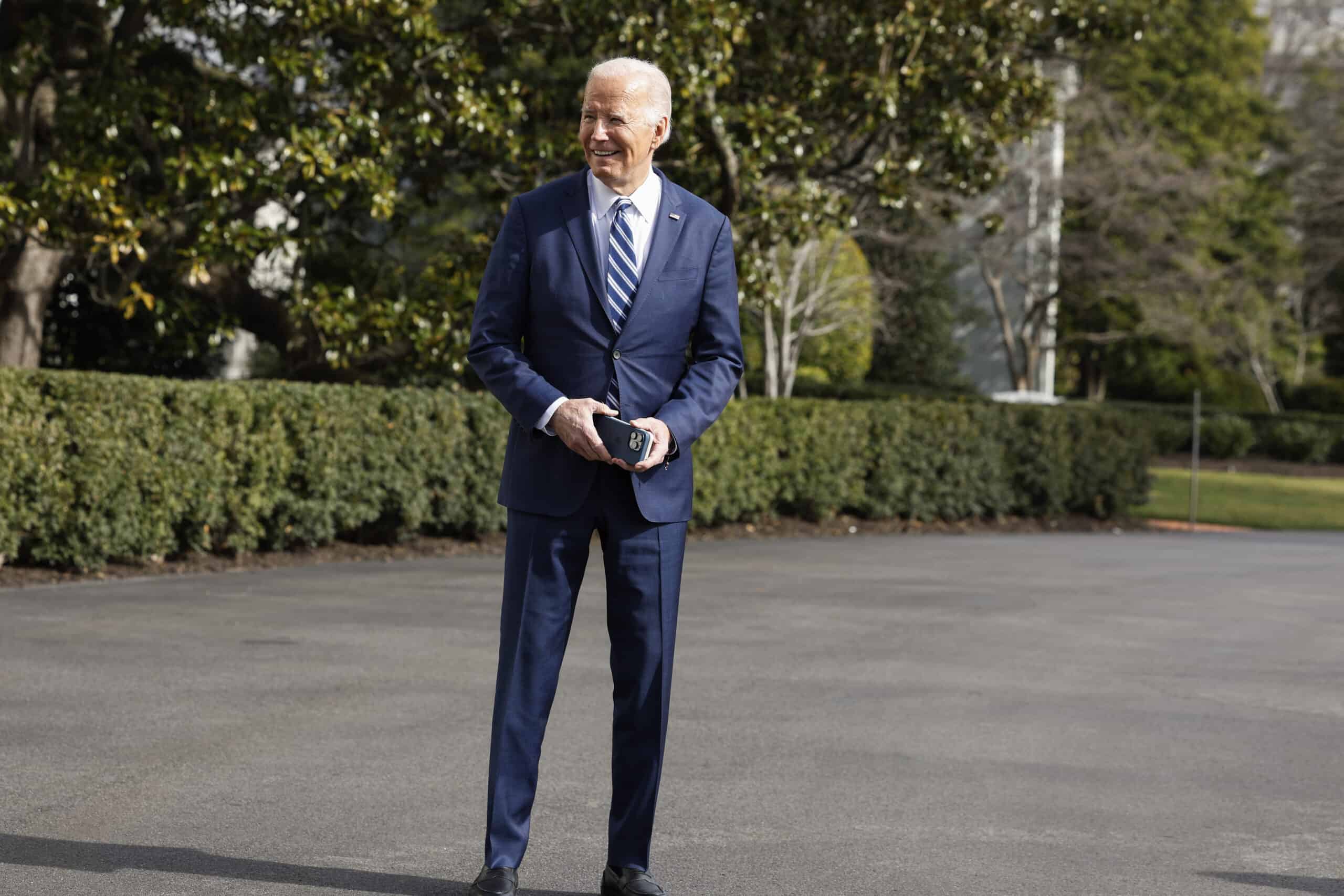
In 2021, Joe Biden also pledged to close Guantanamo by the end of 2024. Several prisoners were released in 2022-23, having been determined no longer to be a threat to U.S. national security. Presently 30 prisoners remain, and Biden has indicated his determination to close the detention facility before leaving office. It is unclear whether he will have the ability to do so in the remaining “lame duck” phase of his presidency, although doing so would do a great favor to whichever candidate succeeds him to get this thorny issue off the table.
Long-Term Prospects for Gitmo as a Military Base

The U.S. military has invested many billions of dollars into building up Guantanamo Bay Naval Station over the decades, most recently building a new liquified natural gas power plant in 2023. It does serve a useful purpose in surveillance and logistics in the North Caribbean. The next nearest American bases in the region are 500 miles north in Florida or 900 miles east in Puerto Rico. If the U.S. gave up its lease, however, it could negotiate for a new base in Jamaica or another friendly country; even neighboring cash-strapped Haiti. So in the end, while the U.S. would not like to give it up, it is not irreplaceable, militarily.
Long-Term Prospects for Gitmo as a Detention Facility

The U.S. military and intelligence agencies have found it useful to have secretive sites overseas where they can detain foreign citizens without attracting too much attention to their cases or having to afford them as many rights as they might have if they were on American soil. And these sites are also a way to process dangerous people and send them off to other countries or detain them long-term so that there is no risk of them escaping into the U.S. and harming any citizens. However, for this purpose, Guantanamo Bay is no longer very useful. It has received far too much negative publicity and is closely scrutinized. Obama and Biden have tried to close it; Harris would likely do the same if elected. Its detention function will likely wind down, but other secret sites will perform the same function as deemed necessary in the future.
Long-Term Prospects for Gitmo as a Deterrent to Cuba

The true value of Guantanamo Bay to the United States is as a deterrent to aggressive behavior from Cuba and a foothold through which the Americans could invade the island when they choose. This is an insurance policy in the event that relations deteriorate and the American want to try to pressure or overthrow the Cuban government. If Cuba one day becomes very friendly to the United States, this purpose as well would be obsolete. But in that case, the new Cuban government might not want the U.S. to leave, anyway. So all signs point to the Americans remaining in Guantanamo Bay until their lease runs out (i.e. forever).
Take Charge of Your Retirement In Just A Few Minutes (Sponsor)
Retirement planning doesn’t have to feel overwhelming. The key is finding expert guidance—and SmartAsset’s simple quiz makes it easier than ever for you to connect with a vetted financial advisor.
Here’s how it works:
- Answer a Few Simple Questions. Tell us a bit about your goals and preferences—it only takes a few minutes!
- Get Matched with Vetted Advisors Our smart tool matches you with up to three pre-screened, vetted advisors who serve your area and are held to a fiduciary standard to act in your best interests. Click here to begin
- Choose Your Fit Review their profiles, schedule an introductory call (or meet in person), and select the advisor who feel is right for you.
Why wait? Start building the retirement you’ve always dreamed of. Click here to get started today!
Thank you for reading! Have some feedback for us?
Contact the 24/7 Wall St. editorial team.
